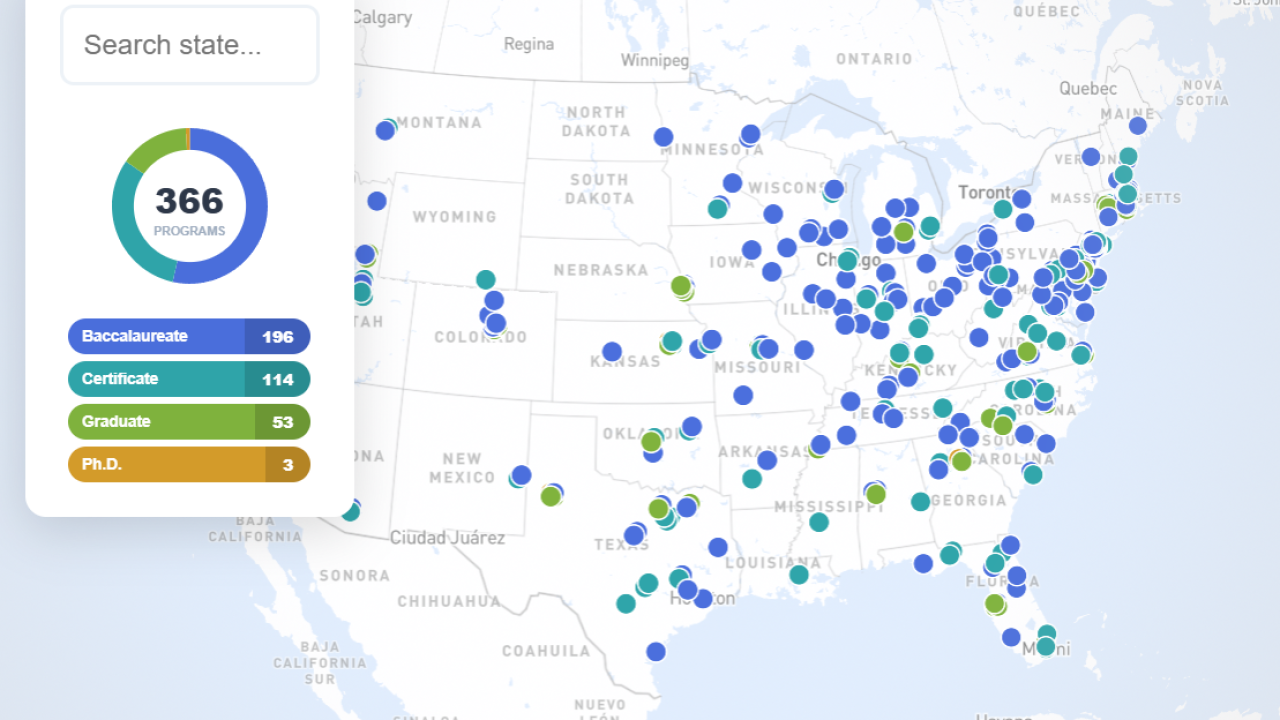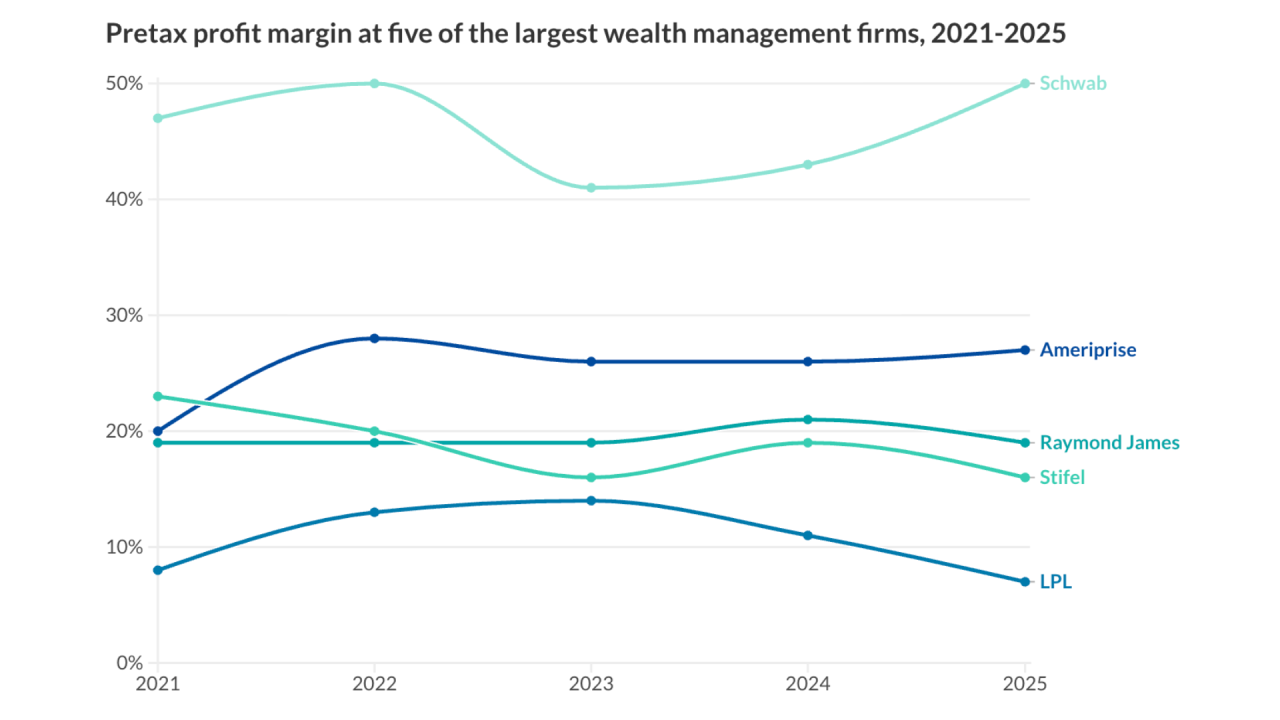The forces of global regulatory change are in high gear, and mutual fund firms need to brace themselves for the new mandates barreling in from different parts of the world. Firms need to have the regulatory and compliance resources in place to tackle these demands, but they also need to think about rebranding themselves as more than just domestic vehicles, and nurturing a new identity that conveys a fortitude to brave international regulatory waters.
The influence of the Financial Stability Board (FSB) and the International Organization of Securities Commissions (IOSCO) is growing, and mutual fund firms are grappling with how to meet the new requirements of reform efforts such as those affecting pension systems in different countries around the world. There are myriad other changes from U.S. regulators with international implications such as the Foreign Account Tax Compliance Act (FATCA), which has become a considerable compliance burden for many firms.
The Investment Company Institute says its members and their affiliates manage globally at least $16.38 trillion of Undertakings for Collective Investments in Transferable Securities (UCITS) and mutual funds. That's 62 percent of the $26.6 trillion in global mutual fund and exchange-traded fund assets. A central focus of the trade group's message lately has been the global nature of the regulatory terrain - and the growing reach of the Basel-based FSB and Madrid-based IOSCO in particular.
"It's clear by now that these super-regulators are not just comparing and contrasting existing regulatory regimes-or making vague pronouncements that can be safely ignored. Even if your business is focused only on the U.S. market, you need to pay attention to what they're doing," ICI General Counsel Karrie McMillan said recently, according to written remarks prepared for the group's Mutual Funds and Investment Management Conference.
Systemic risk has of course taken center stage as the broadest of global issues in the wake of the financial crisis. Now, principles set out by the FSB, for example, may not determine the rules of every jurisdiction, but will serve as a "persuasive force" that shapes policy, she said.
As an indication of a desire to confront the growing influence of global regulations, London-based ICI Global is planning to opened a new office in Hong Kong on May 1. ICI Global is working closely with members, regulators, and others in Europe and in Asia to develop and disseminate information to promote regulation it deems appropriate in those regions.
And from those "super-regulators," the list goes on. Fund managers face certain challenges when offering funds registered under the Investment Company Act as well as under the UCITS directive across global markets. The Securities and Exchange Commission also looked at global guidelines in its 2011 concept release reviewing the use of derivatives by registered investment companies.
And it's no surprise that FATCA, the new Internal Revenue Service reporting law that aims to prevent tax evasion by U.S. citizens and residents through use of offshore accounts, has been dubbed the "Fear and Total Confusion Act" by a few in the industry. There remains considerable anxiety among firms trying to figure out how its rules will apply.
But the "IGAs," or intergovernmental agreements forming as a result of FATCA, speak to the level of growing coordination among global authorities. U.S. authorities have been working to form an IGA framework with a number of countries for the implementation of FATCA to help resolve local law conflicts.
The ICI takes special note of the global nature of money market fund reform-and how the global debate could impact the domestic one. Regulatory developments that impact the funds are unfolding in the European Union while the industry waits patiently in the U.S. for the SEC to take its next step with money market fund reform. The crisis has led the G-20, the FSB and the European Commission to review regulation of money market funds to reduce vulnerability to runs.
The ICI and ICI Global also have noted changes in the retirement systems in many countries and the striking level of pension reform. It also points to the ascendancy of banking regulators. That trend is a particular impediment for U.S. mutual funds, for which bank-style regulation is "neither necessary nor workable," the ICI said.
The changes collectively impact how fund firms need to mete out new policies in such areas as data management and technology with their compliance programs. Changes are coming from multiple directions and multiple countries, and, as the ICI wisely suggests, mutual fund firms need to arm themselves with the best information possible and then use that information effectively. In short, they need to adapt.
But these are not just cumbersome restrictions, they are opportunities, and mutual fund firms should seize them as ways to reposition themselves as global pros who are ready for change. It may feel like "fear and confusion." Fund firms, however, who communicate to investors that they have not been stumped by the changing global turf, but have instead successfully steered through it, will have a more polished image to put forth.
Their message should be one of confidence while wading through complex global change. They should take steps to show they've met these new demands and become masters of the new global regulatory terrain, and that they welcome the chance to project a public face of foreign expertise.





